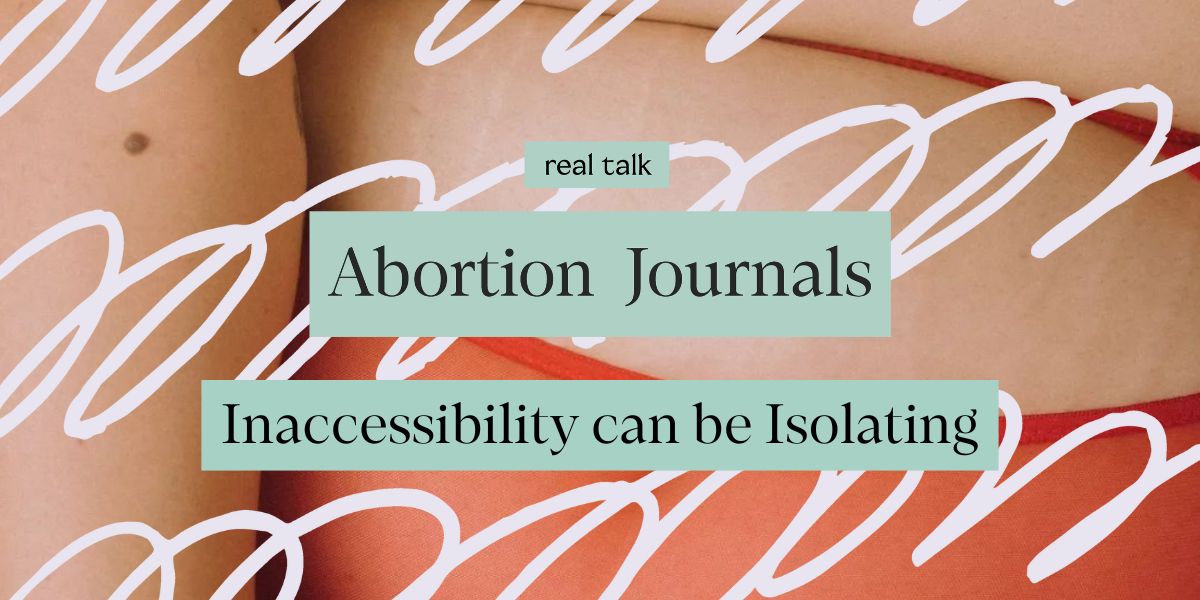Top best practices for taking pregnancy tests

Testing for pregnancy doesn’t have to be anxiety inducing. While at-home tests are over 99% accurate and easy to read, they can still be a confusing experience that you don’t want to mess up. We sat down with a couple gynecologists to gather the tips and tricks they give to patients about pregnancy testing.
While the test is accurate three days before your period is due, you should still wait a couple days to take it.
While it’s tempting to know as early as possible, levels of hCG (the pregnancy hormone) double every few days and your results will be more accurate the longer you wait. Chemical pregnancies are common among women and can cause misleading results. To avoid this, you should wait until after your period is due and then test again a few days later.
Take the test first thing in the morning before you drink any fluids.
Levels of hCG will be strongest with first morning urine -- more concentrated urine guarantees a more accurate test. Your test will still be valid if it’s the afternoon or you’ve already had water, but first morning urine will result in a stronger results line. The stronger the line, the more accurate the results.
Wait a few days after your first test to take your second.
If you take away anything from this post, it should be that testing too early can be misleading. The longer you wait, the more accurate the results. To avoid false negatives or faint results lines, always hang onto that second test to take a few days later. Wait to take action until you take both tests.
Shop the article
Remember to breathe.
No matter what result you’re hoping for, waiting for your results to show up can be stressful. Have an action plan for next steps for both scenarios beforehand. Being prepared by having a doctor you trust and a friend or partner to talk through options with can provide peace of mind in itself.
If you’re trying to conceive, it might take some time and that’s okay!
On average, it takes six months to conceive. Don’t let false tests bring you down too much. If you’ve been trying for six months, you can schedule a doctor’s appointment to discuss your options. Until then, start by tracking ovulation (we recommend period tracking apps, like Flo). Remember to have fun -- it’s sex, after all.
Keep Reading

In My Words: Woman is not synonymous with homemaker
May 17

Making the case for celibacy
May 16

What it's really like to freeze your eggs: a firsthand account
May 8












